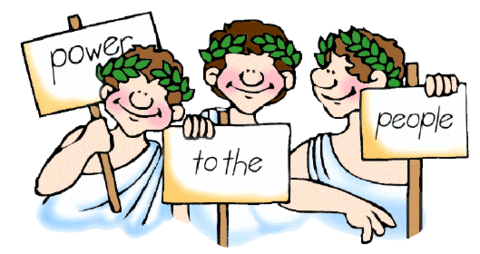- Increase in internet accessibility and usage
- Proliferation of smart devices

- They offer an instant messaging chat like experience which is absent in Facebook apps for smart devices (which many a times have significant amount of lag time in messages receipt)
- Most of these instant mobile messaging apps prefer to keep a distance from advertising; dealing with which has become a major bottleneck for subscribers of today
- Almost all of these messaging apps integrate seamlessly with the phonebooks of subscribers, so there is no hassle to add friends
- A similar revolution was observed when Skype changed the way common man used PC for long distance calling just that this time it’s on mobile.
You might like reading:

Group Discussion IMM : Is Direct Democracy possible in India ?
Direct Democracy can be defined as a form or system of democracy giving citizens an extraordinary amount of participation in the legislation process and granting them a maximum of political self-determination. Can this work in India ? In Favour In a well-developed democratic country like India, direct democracy cannot be installed in the house of parliament causing inconvenience to the […]
IIM Ahmedabad PGP Summer Placements 2015-17
The summer placement process for the Class of 2017 of the Post Graduate Programme (PGP) in Management at IIM Ahmedabad has been successfully completed within three clusters with students being placed across eleven sectors and functions of their choice. Placement Process The summer placement process was completed within 3 clusters. Firms were grouped into cohorts based on the profile offered, […]































